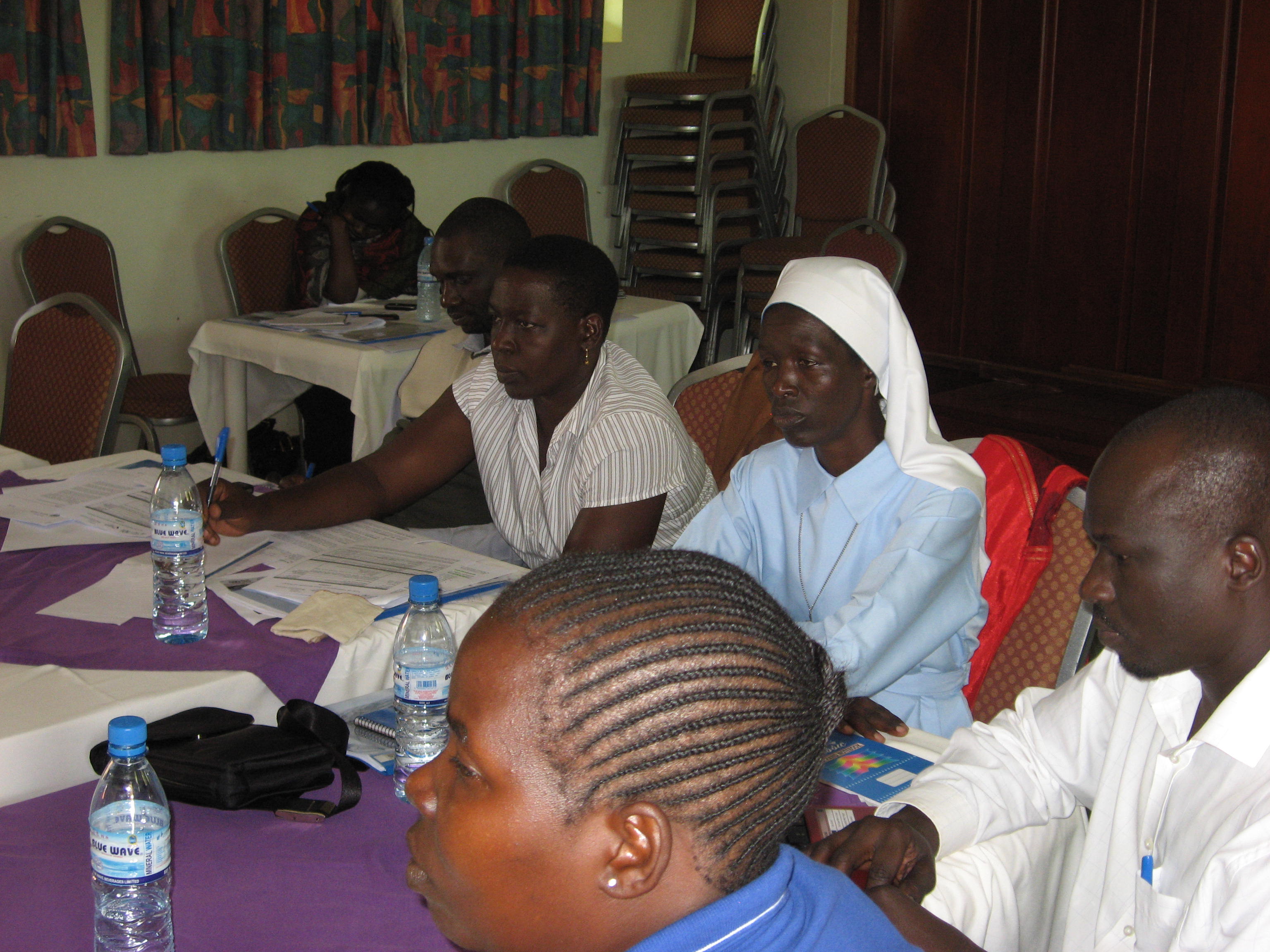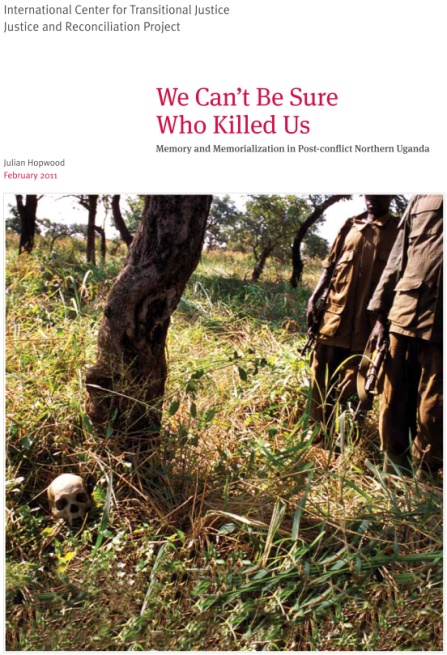
The International Center for Transitional Justice (ICTJ), in collaboration with the Justice and Reconciliation Project (JRP), held a one-day dialogue on opportunities and challenges for gender and transitional justice (TJ) on Tuesday, September 27, 2011, at Churchill Courts in Gulu, northern Uganda. The event was attended by 33 participants from across the greater North, including Teso, Lango and Acholi sub-regions. Facilitators shared presentations on a range of topics relating to gender, including a review of the existing domestic and international frameworks, an analysis on the potential of domestic courts to try sexual and gender-based crimes, mainstreaming gender in traditional justice and truth-seeking processes, prospects of engendering TJ in Uganda through JLOS, protecting women’s rights in a post-conflict setting, a review of reparations and reconstruction programs from a women’s rights perspective, and building consensus and a way forward. Throughout the dialogue, there were also opportunities for participants to share their views and experiences and ask questions or provide comments on the facilitators’ presentations. The majority of participant feedback is captured in the four Reactions sections of this report.
To access the full report, click here.




